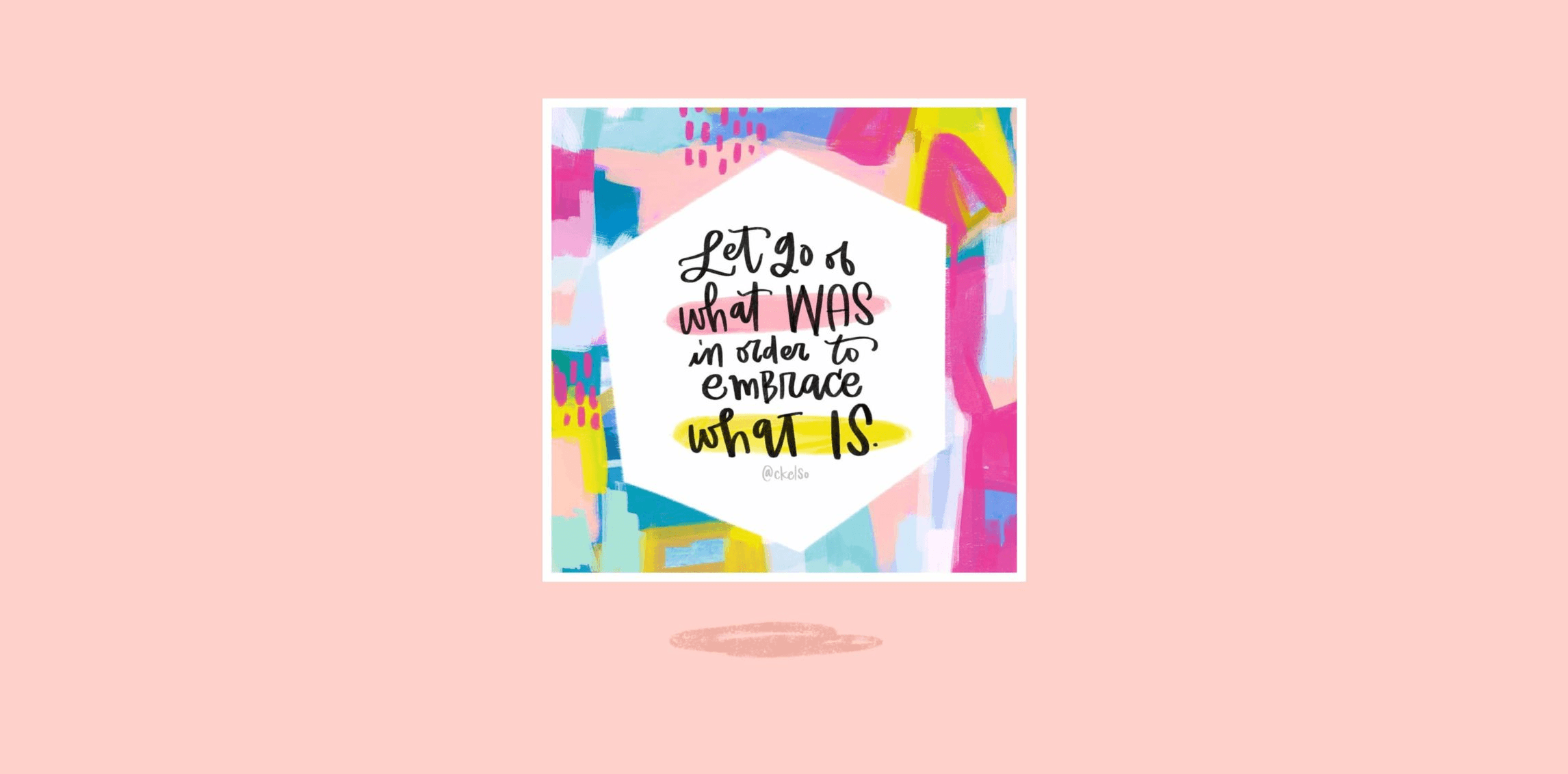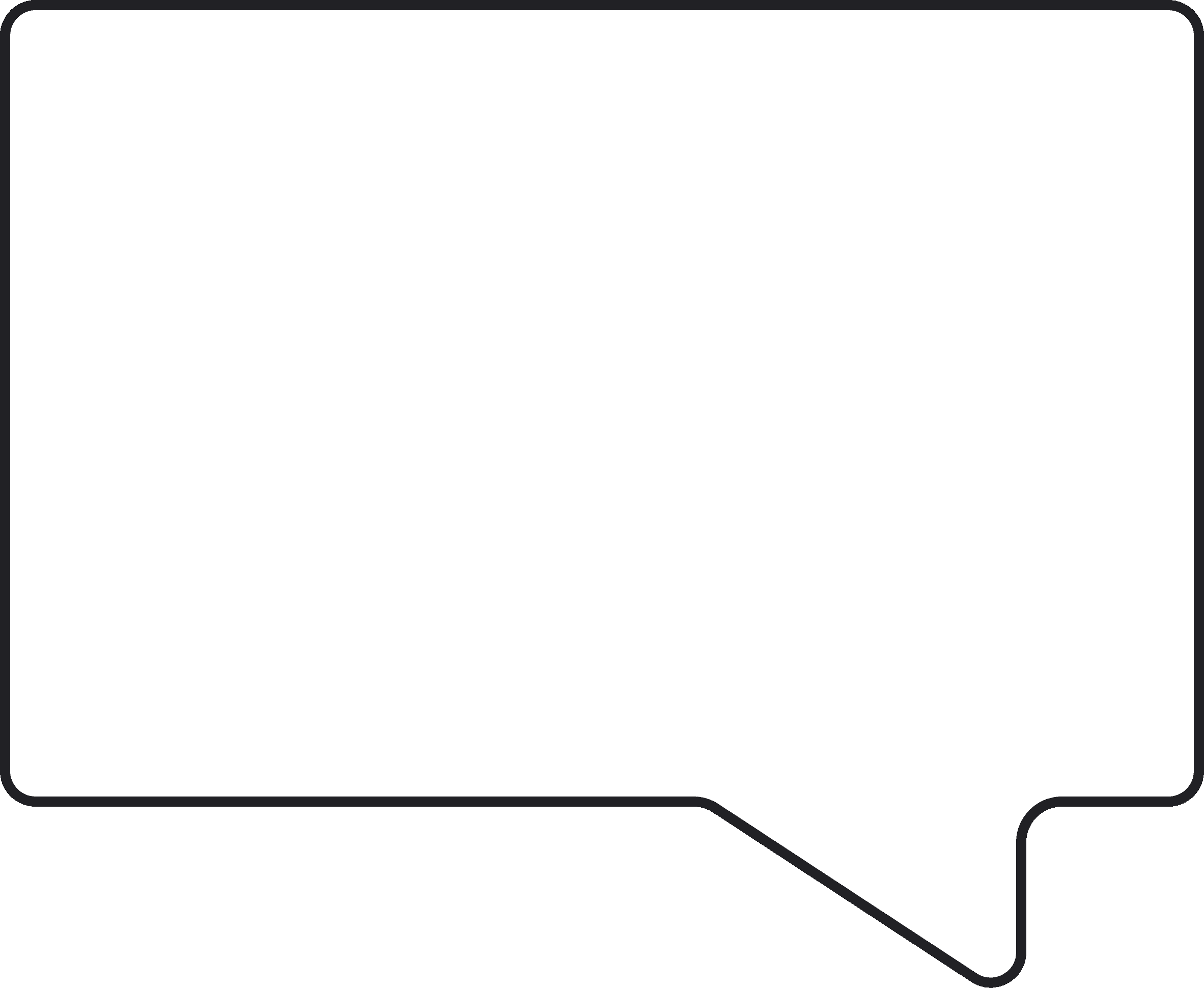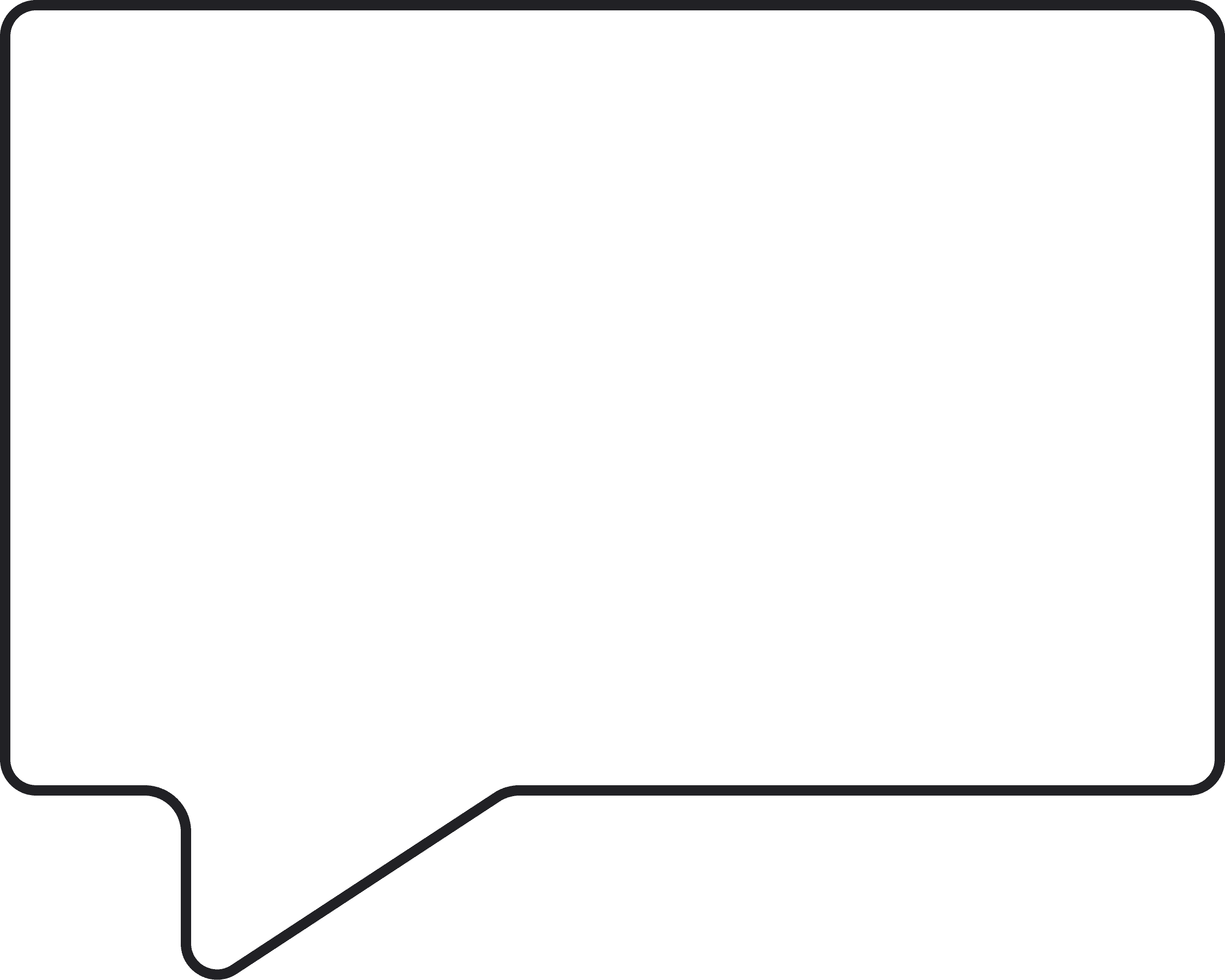by
Caroline Zook
I want you to take a quick second before reading this article, and I want you to think about one thing you’ve been meaning to commit to for a while now, but haven’t been able to go all in on.
Think of one thing you come back to every now and then and think, "Man, I realllly want to finally _________ (open an Etsy shop, get back in shape, teach myself Illustrator, learn how to play backgammon, etc.)
Do me a favor and write that thing down on a scrap of paper or a post-it or somewhere on your computer/phone right now.
Now, write down WHY you haven’t made it happen yet. (Try to be as honest as you can with yourself.)
Some of you might have written down things like:
“I haven’t made time.” “I’m scared.” “I don’t know how.” “I’m overwhelmed by the idea.” “I’m scared of what people with think.” I’ve addressed a lot of these mental barriers in other articles—making the time, overcoming fear, tackling overwhelm —and I think those insights are certainly valuable. But in this article, I want to focus on something else: the DOING of the thing. The commitment. The follow-through. Once we get over some of the mental barriers that are holding us back, how do we actually commit to the doing?
What makes one person stick to losing weight while the other person gives up after a week? What makes someone able to commit to a 30-day lettering challenge while someone else can’t stick with it? What makes a person able to stick to a weekly newsletter schedule while someone else struggles?
What I keep coming back to is this idea of accountability. And so my big question for this week has become:
What makes us stay accountable to the things we promise ourselves?
Here's how I see it:
Change takes time, time takes consistency. Consistency takes discipline and discipline requires accountability.
Since I went freelance/independent full-time in the fall of 2013, the one thing that has taken a backseat to everything else is my health and fitness.
When you’re trying to build a profitable business, it feels like every moment is an opportunity for forward progress, and it feels like time at the gym is time away from that progress. (The irony, of course, being that investing time in yourself and your health is actually an investment in a more sustainable, successful business in the long-term. BUT it sure is hard to see that—especially if you have a strong aversion to the gym like me.)
But, after gaining 15 pounds and running dangerously low on pants that don't cut off my circulation at the waist, one week I finally sat down with Jason, committing to change our diet for 30 days and to regularly exercise, seeing if we could create some better habits for our life together.
We built a meal plan that felt healthy-yet-doable and decided to exercise (like… more-than-a-brisk-walk exercise—gotta break a sweat!) six days a week (yay for Sundays off!) Honestly, it felt like a lot in the beginning, and there was a part of me that felt pretty scared we wouldn't follow through.
BUT, that's where accountability comes into play.
I think we all have ways we can keep ourselves accountable based on the way we’re wired. Some people may be more motivated by the idea of rewards; some may be motivated simply by the idea of not letting someone else down.
I’m no expert on any of this, but here are a few different accountability strategies that came to me. I encourage you to ask yourself which one you’re most driven/motivated by as you read through:
Public accountability. I think public accountability is partly about not letting people down and partly about not wanting other people to see you in a negative light. In a weird way, I see this as like a cool Jedi mind trick, using a potentially negative force (caring about other people's opinions of you) for a positive result (kicking ass and finally committing to make a change!) This is why I share launch dates publicly or I share on Instagram when I'm doing a personal challenge. The idea of quitting or missing a deadline and having all kinds of people see that publicly is enough to help me push through.
Private accountability/accountability partnership. Some of you may not give a hoot what strangers think about you (bless you!) but you may care deeply what your close friends, family, or work peers think. In that case, choosing one person whose opinion you hold highly to check-in and keep you on track could be the right move.
Rewards. I really do feel like some people are more motivated by rewards than others. This doesn't necessarily have to be a material item (trip to the mall, that cute purse you saw online). It could be an experience or an indulgence. If you commit to 30 days of blogging, maybe after each post you reward yourself with your favorite episode of a show you love or that YouTube series you enjoy (who knows!) Use that to your advantage so you stay accountable.
Penalties. (Let it be known I tried to find a less ominous word than "penalty" but then I figured that kind of defeated the purpose. Grrr! They should be scary!) The idea here is just how it sounds. If you can't possibly imagine going one whole month without eating chocolate, maybe that's a good penalty to use as a motivator. I think this could be powerful if you have things or experiences as a part of your daily routine that you'd be sad to live without.
Note: Rewards/penalties are kind of tricky because you almost need an extra layer of accountability to make sure you stick to the script and follow through on the reward/penalty SO I'd recommend using them in tandem with an accountability partner or public accountability.
I feel like this accountability piece is why so many of us make promises and wishes to change, but we don't actually follow through with it.

Our level of commitment to ourselves is of no consequence without accountability.
“Our level of commitment to ourselves is of no consequence without accountability.”
Jason and I did end up sticking to our health challenge and were able to develop a steady and consistent routine of working out. That doesn't mean I still don't have moments of weakness when I fall off the wagon, but knowing how powerful accountability is for me has helped me stick to the habit changes I want to make in my life.
I hope this article helps you think of accountability as a tool you can use to make changes in your own life too!
Join 12,000+ intentional business owners and get our Growing Steady newsletter every Monday where we share transparently about the latest projects we’re working on. You'll also get our Calm Creator Canva Whiteboard as a free download!













